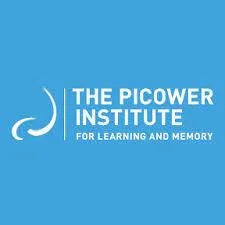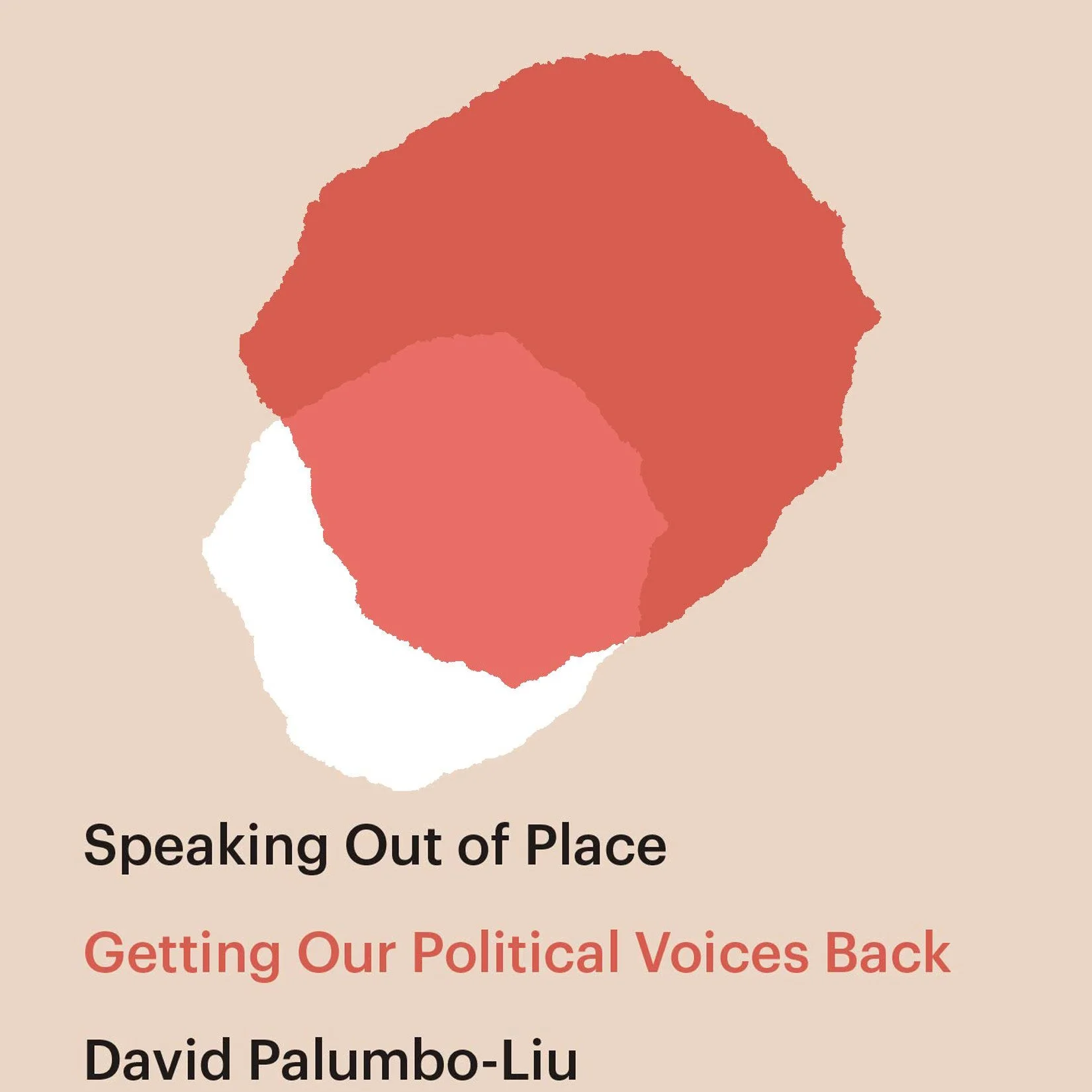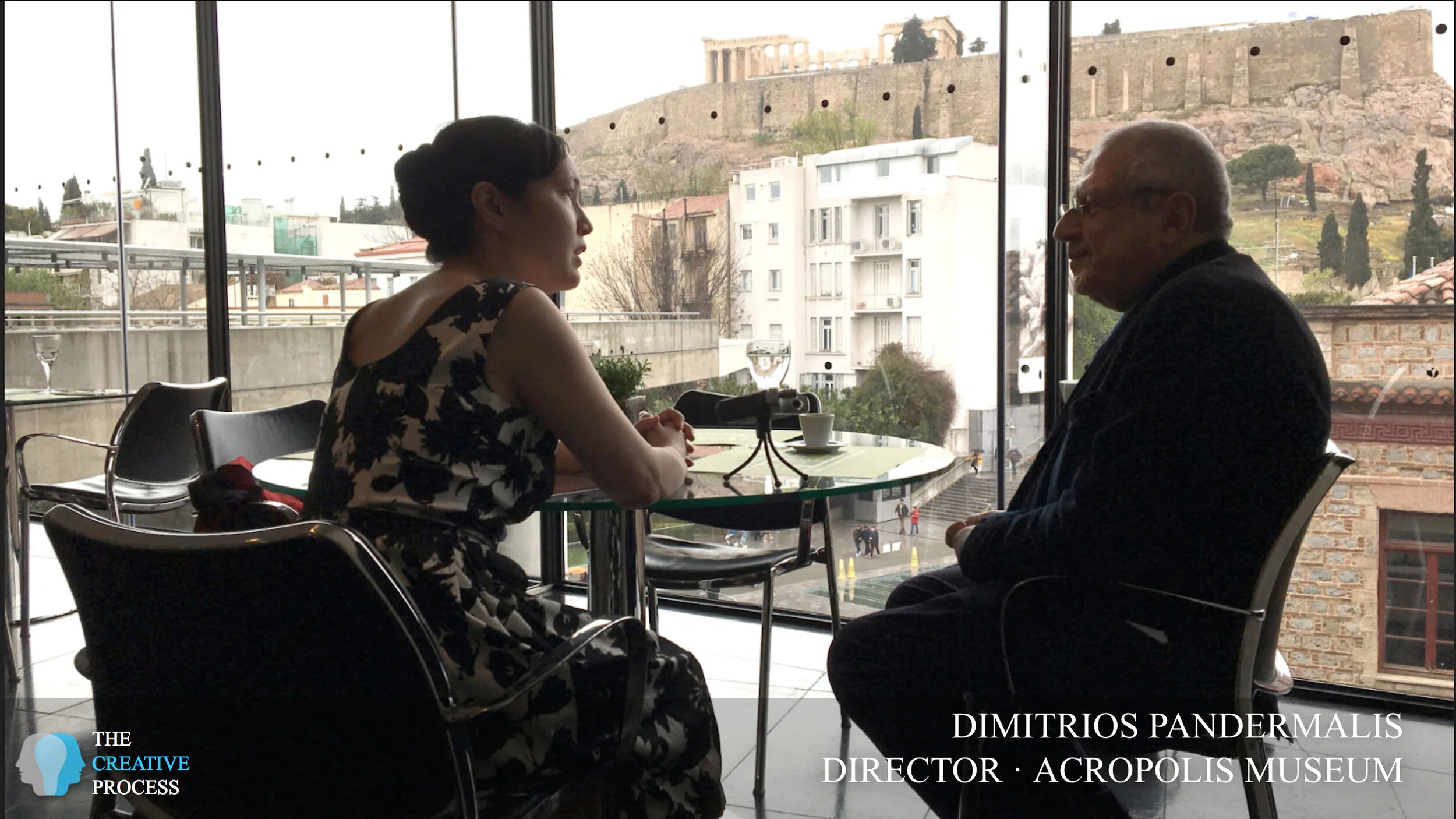(Highlights) IAIN McGILCHRIST
/Author of The Matter with Things · The Master and his Emissary: The Divided Brain and the Making of the Western World Psychiatrist, Neuroscience Researcher, Philosopher & Literary Scholar
The heart also reports to the brain and receives from the brain. So our bodies are in dialogue with the brain. And we don't really know where consciousness is, we sort of imagine it's somewhere in the head. We have no real reason to suppose that it's just we identify it with our sight and we, therefore, think it must be somewhere up there behind the eyes, but it's something that takes in the whole of us and to which the whole of us contributes.




















